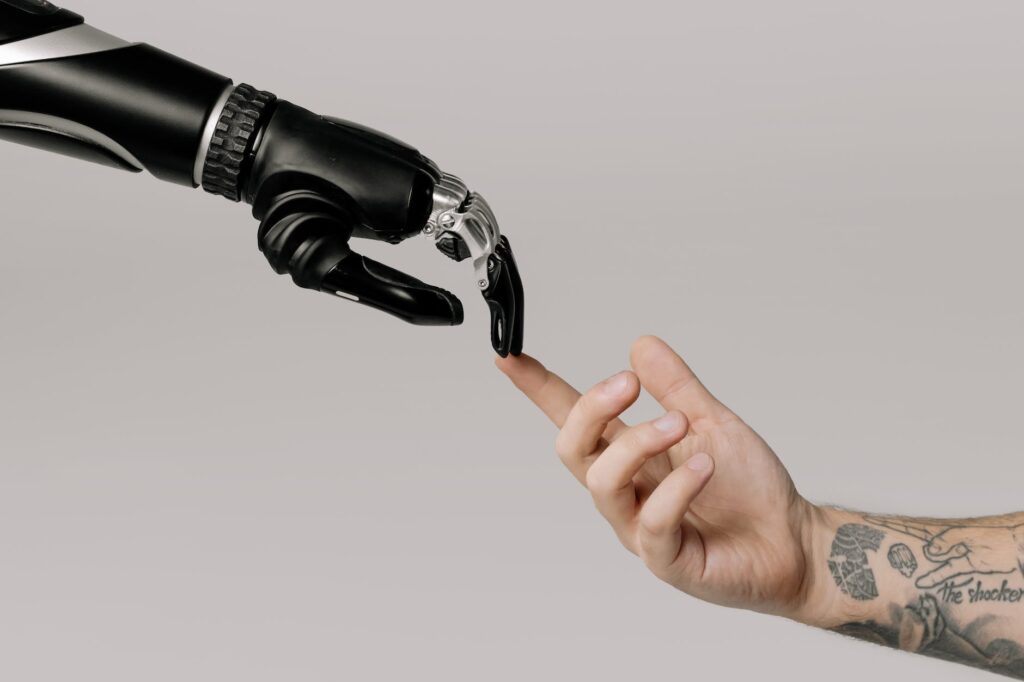
Introduction
Artificial intelligence (AI) is an area of computer science that deals with the design and development of intelligent machines. These machines can learn from data, make predictions, perform tasks and other functions that are normally considered to be done by humans. AI has been used in healthcare for decades, but it has only recently become a major focus for researchers and developers. Say’s Dr. Julian Mitton, as technology continues to advance at a rapid pace, the role played by AI will continue to increase as well as its capabilities. This article will explore some of these opportunities and challenges facing healthcare organizations today as they look towards future uses of artificial intelligence in their work environments.
The Role of Artificial Intelligence in Healthcare
AI is a powerful tool for healthcare professionals. It can help doctors and patients make better decisions, diagnose diseases, and improve overall health outcomes.
AI can identify patterns in data that would be missed by human eyes alone. This allows practitioners to diagnose diseases more accurately than ever before–with fewer false positives or negatives–and make treatment plans based on the specific needs of each patient rather than generalizations about an entire population group or demographic category (like age).
Challenges Facing the Adoption of AI in Healthcare
- Data Collection
Data collection is one of the biggest challenges facing AI in healthcare. There are several issues with collecting data, including:
- Privacy and security concerns. Health data is highly sensitive, so it needs to be properly protected from hackers and other threats.
- Lack of training data sets that could be used by algorithms to learn how to recognize patterns in clinical images or patient records, which makes it difficult for researchers at universities to develop new machine learning models without access to proprietary datasets owned by private companies like Google DeepMind (which acquired UK startup Babylon Health last year) or Microsoft Research Asia (which has been working on an AI platform called doCEREX since 2016).
Artificial intelligence has the potential to revolutionize healthcare, but its adoption will not be easy.
Artificial intelligence has the potential to revolutionize healthcare, but its adoption will not be easy. AI has the potential to revolutionize healthcare by helping doctors make better decisions and speed up treatment. However, it will not replace doctors but instead help them become more efficient in their work.
Conclusion
Artificial intelligence has the potential to revolutionize healthcare, but its adoption will not be easy. There are many challenges facing this new technology, including the fact that AI systems are still not as accurate as doctors and nurses at diagnosing diseases and treating patients. However, there are also many opportunities for artificial intelligence in healthcare due to its ability to process large amounts of data quickly–something humans cannot do without help from computers.